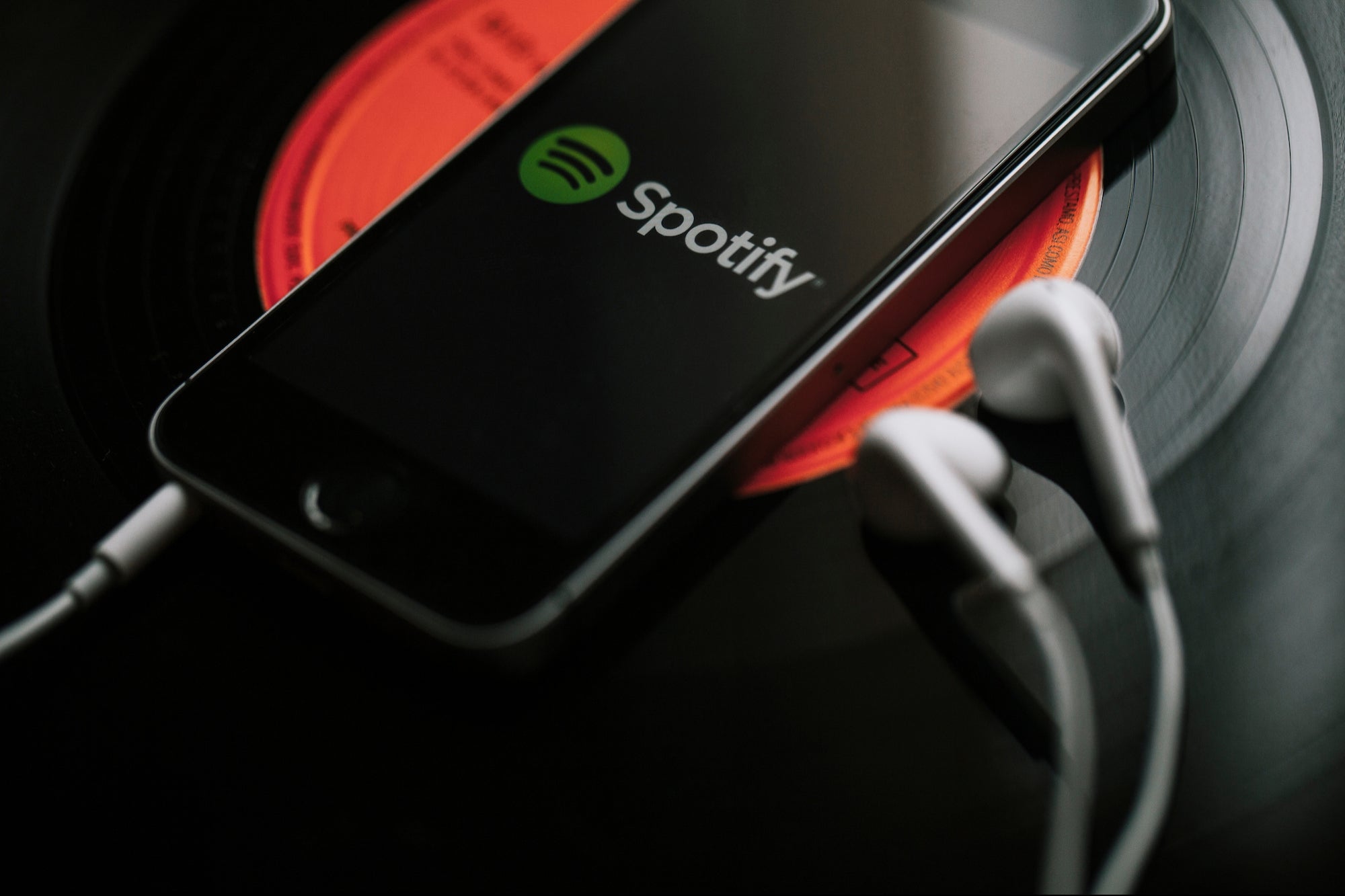Bad News For Boomy: Spotify Removes Thousands of AI-Generated Songs From the Platform The move to cut AI-generated songs is part of Spotify's effort to protect artists.
By Sam Silverman Edited by Jessica Thomas
Opinions expressed by Entrepreneur contributors are their own.

Spotify is not hopping on the AI bandwagon.
The music platform has moved to eliminate thousands of songs produced by artificial intelligence music startup Boomy.
Boomy uses AI to create songs by allowing users to select beats and styles that are then machine-generated into a song. The company then releases the music to platforms like Apple Music or Spotify and generates royalty payments. Users can collect an 80% share of the distribution fees, according to the brand's website. The startup, which launched two years ago, has helped create more than 14 million songs with AI.
But now nearly 7% of the tracks uploaded to Spotify by the AI music startup have been removed from the platform, which is equal to "tens of thousands" of songs, according to the Financial Times.
According to the outlet, the songs were removed after displaying signs of "artificial streaming," where online bots inflate the audience number of listeners for songs.
"Artificial streaming is a longstanding, industry-wide issue that Spotify is working to stamp out across our service," a Spotify spokesperson told Fox Business.
To mitigate stream manipulation, the spokesperson says Spotify is taking actions like removing streaming numbers and withholding royalties to "protect royalty payouts for honest, hardworking artists."
In a statement to Fox, Boomy said it is "categorically against any type of manipulation or artificial streaming, and we are working with industry partners to address this issue."
Additionally, Boomy claims it has begun resubmitting songs to the platform. According to the Financial Times, Spotify and Boomy are in talks to reinstate the removed songs.









